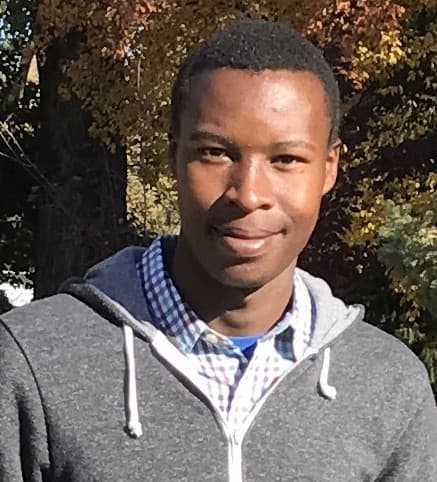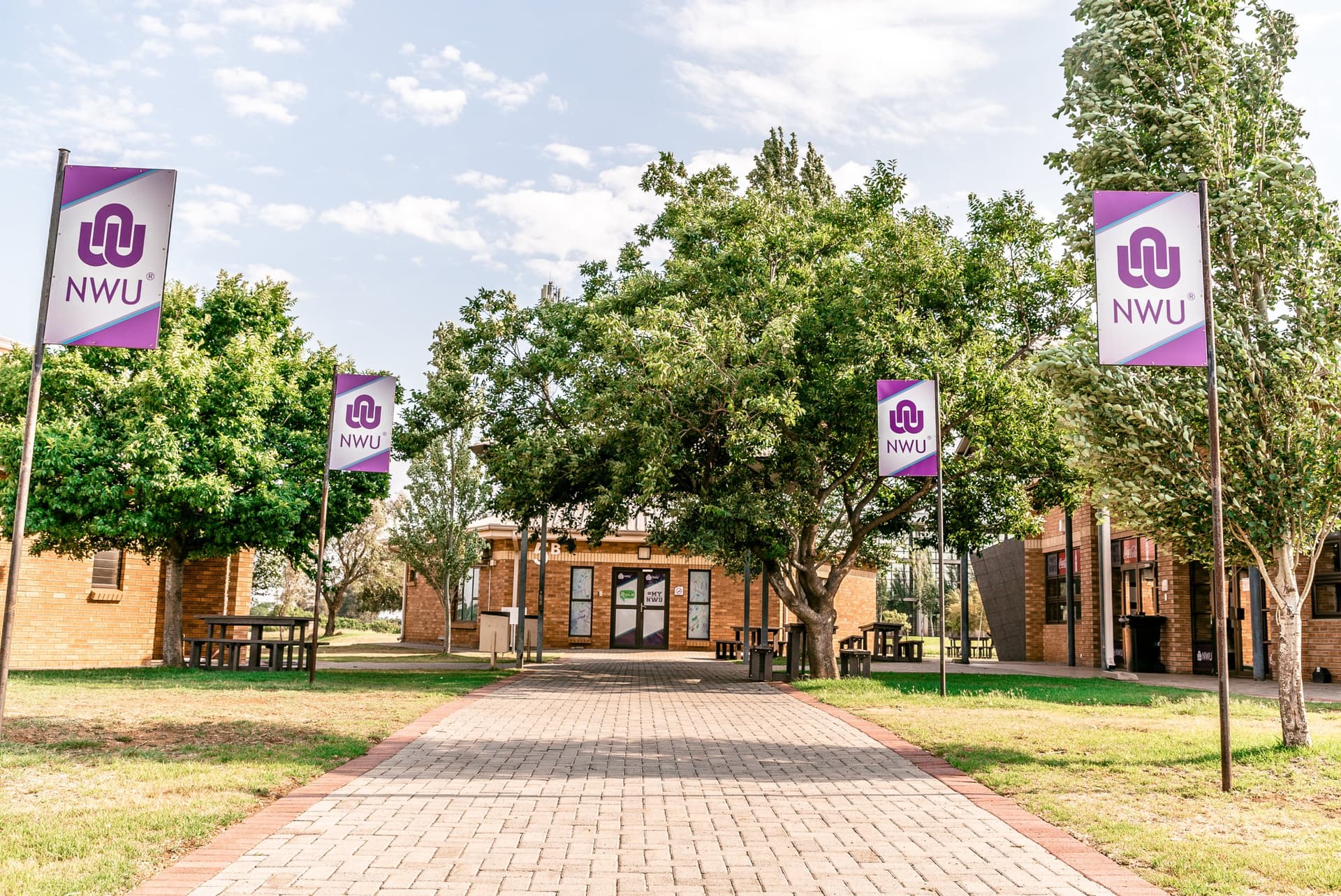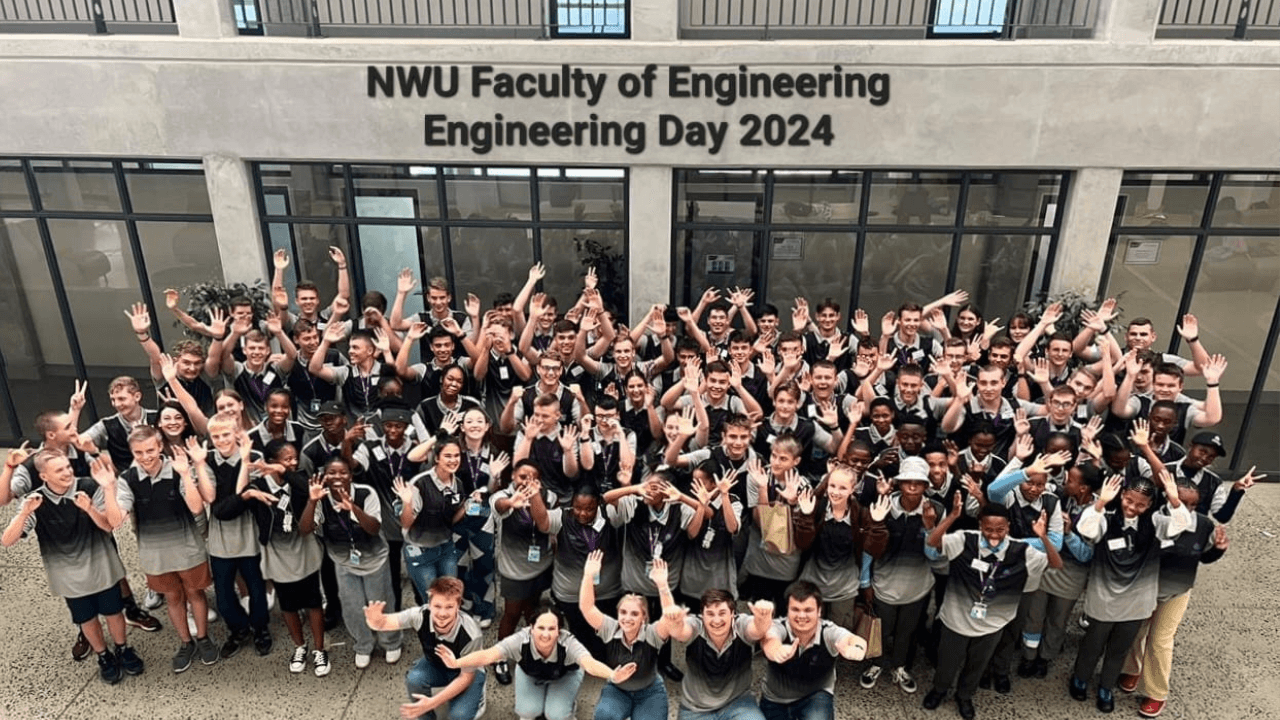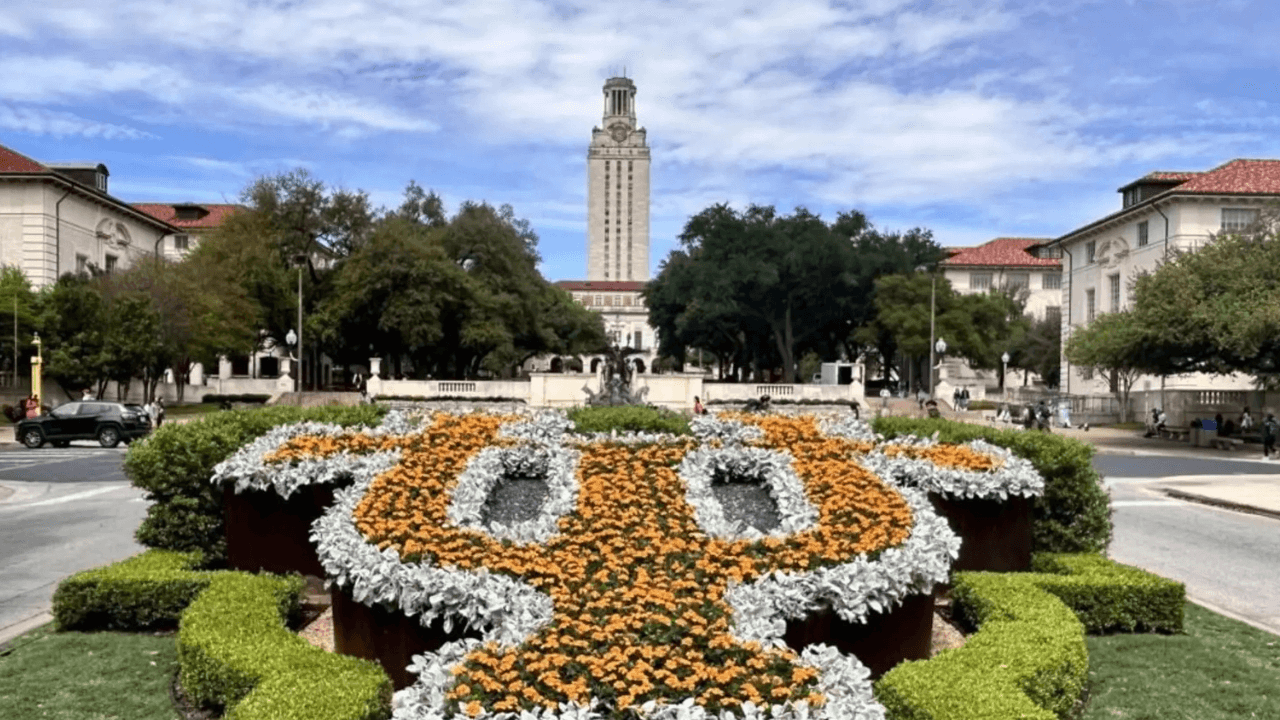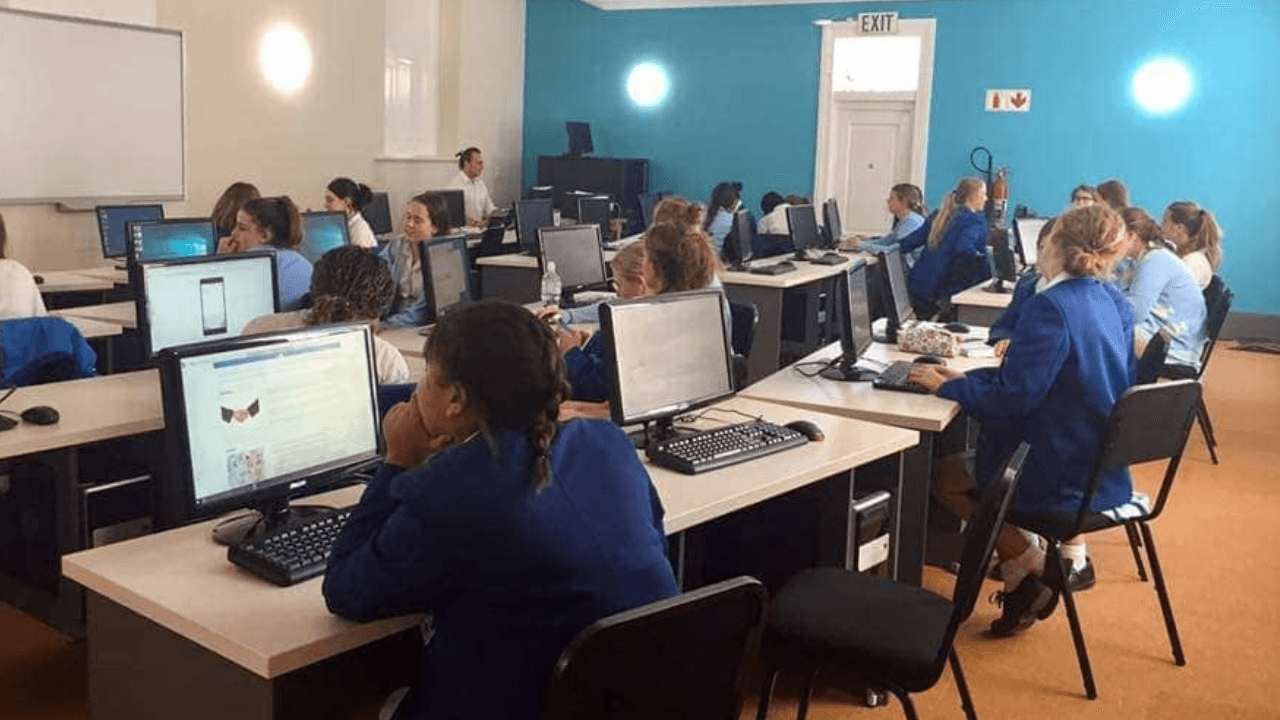Challenge
One of the main challenges Steve faces as an educator is keeping students meaningfully engaged in an ever-evolving digital world. As technology continues to shape how young people interact, learn, and think, Steve struggles with finding ways to make learning feel relevant and exciting.
Many of his students come into the classroom already feeling disconnected or unmotivated, often seeing school as something they have to get through rather than something to be curious about. He notices that traditional teaching methods often fall flat, especially with learners who crave interaction, creativity, and a sense of purpose.
Dr. Balaka also faces the difficulty of catering to different learning styles and paces, particularly in larger classrooms where individualized attention is limited. There’s a constant tension between meeting curriculum requirements and creating a learning environment that feels alive and responsive.
Above all, Steve wants to help students develop the skills they’ll actually use in the future - but doing that within the constraints of the current education system remains a persistent and deeply felt challenge.
In addition to the challenges Steve faces on behalf of his students, he is also forced to contend with his own lack of professional time, attempting fulfilling his responsibilities as both an educator and a researcher.
Simplifying Teaching While Deepening Student Engagement
To tackle the dual challenge of managing a demanding teaching and research workload while keeping students engaged, Dr. Steve Balaka Opiyo integrated Mindjoy into his third-year undergraduate course.
Recognizing the need for a more structured and personalized learning experience, he used Mindjoy’s AI tools to create interactive, step-by-step learning pathways that allowed students to progress at their own pace. These AI tutors helped students navigate complex assignments without the pressure of traditional classroom dynamics, an especially valuable feature for shy students who might hesitate to ask questions.
For each of the course’s three major assignments, Dr. Balaka custom-designed unique AI agents with specific content and names, refining them from the previous year’s version based on student feedback and updated course material. This customization process was both intuitive and efficient, making it easy for him to adapt and improve his teaching tools without starting from scratch.
Mindjoy also helped streamline his own workflow. The platform reduced the time he spent preparing instructional content and allowed him to monitor student progress through the insights dashboard. By checking in on students daily (something previously unimaginable in terms of logistics), he could identify students who were struggling and offer targeted support, making his teaching more responsive and manageable.
Impact
Integrating Mindjoy into his teaching has significantly improved Dr. Steve Balaka Opiyo’s ability to manage his dual role as a lecturer and researcher. The AI-driven platform streamlined his workload by reducing the time required to prepare content and monitor student progress.
With the help of Mindjoy’s insights tool, he can now quickly identify struggling students and provide timely, targeted support. This has made his teaching more responsive and less time-intensive.
Beyond efficiency, Mindjoy has enhanced the overall classroom dynamic. Students became more engaged and motivated, leading to higher-quality assignments, a noticeable drop in absenteeism and increased enjoyment of course content and the learning process more generally. In fact, from one semester to the next, news spread, and students displayed increased interest in signing up to the course as a direct result of the integration of Mindjoy.
The personalized learning experience fostered greater autonomy and confidence, especially among quieter students. With AI handling repetitive instructional tasks, Dr. Balaka has more bandwidth to focus on research and strategic course development. For him, Mindjoy isn’t just a teaching aid, it’s a key part of a more sustainable and impactful academic practice.
